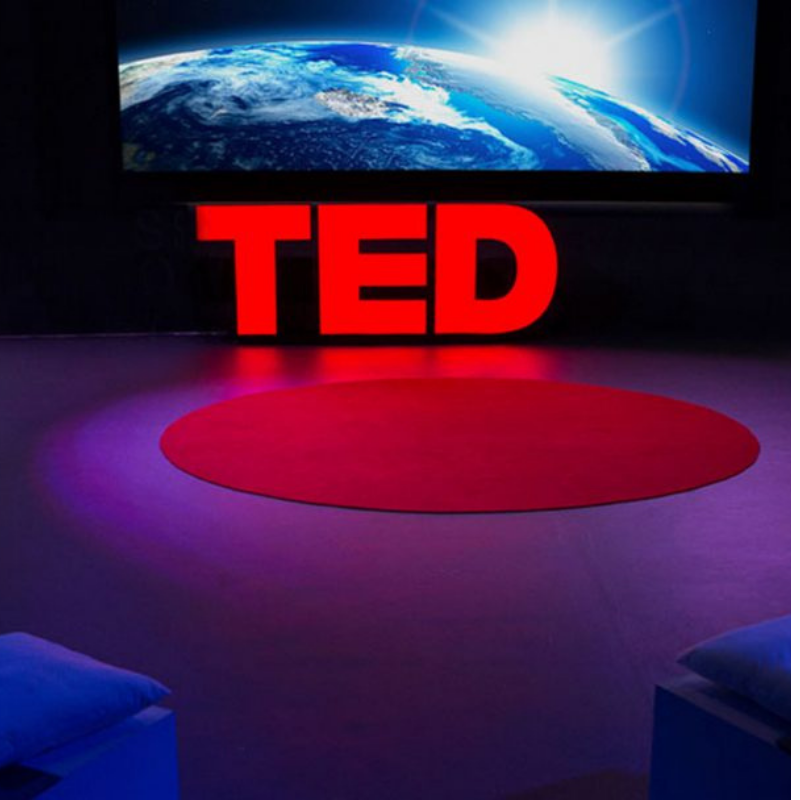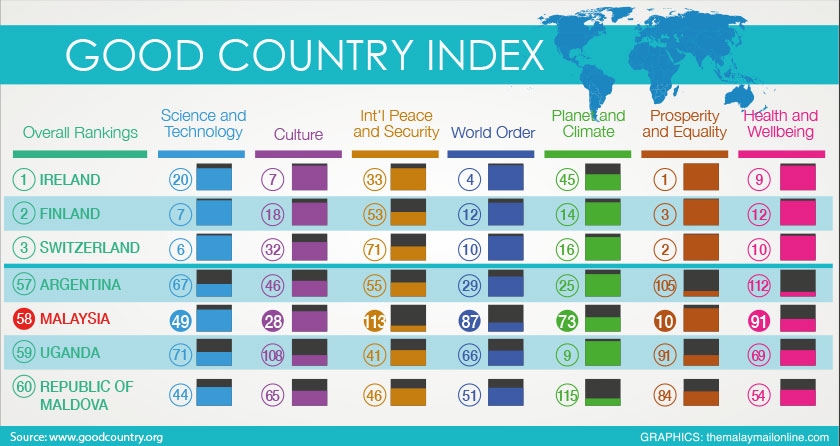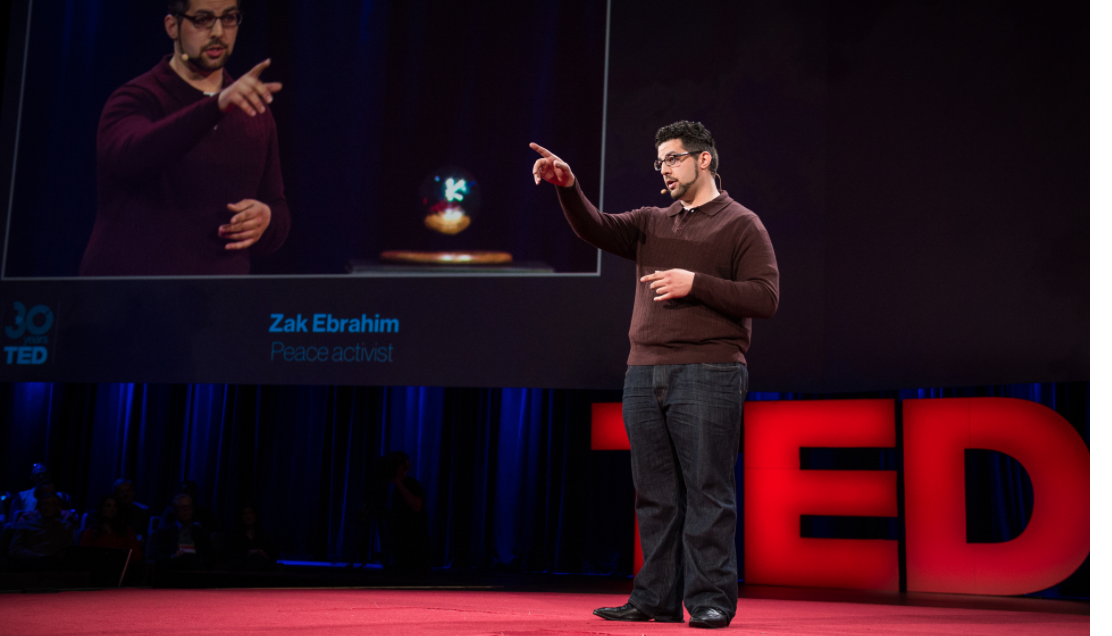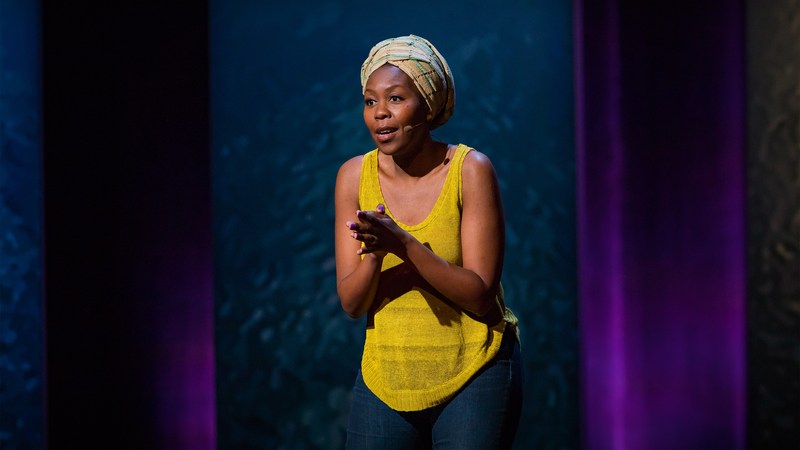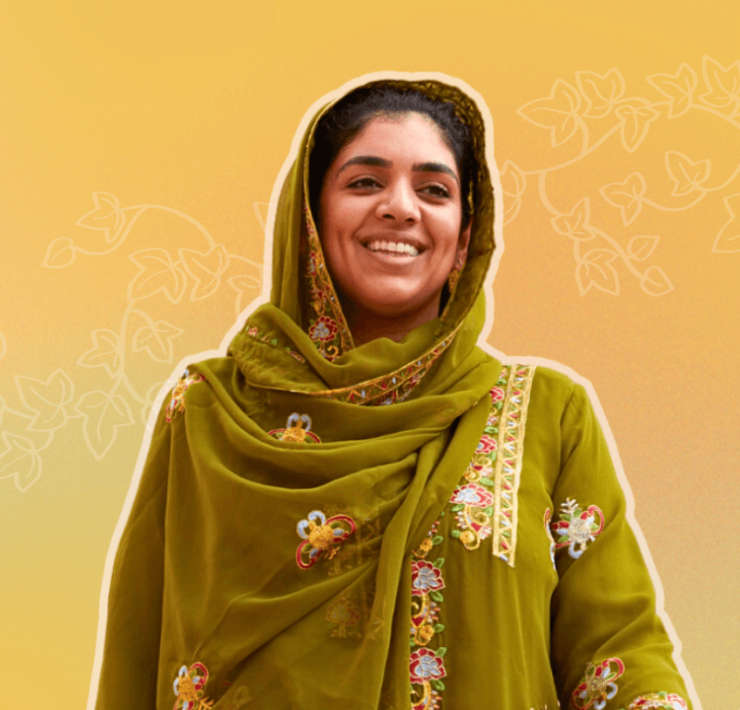Ever since Donald Trump was sworn in as President of the United States last Friday, the simple act of checking the news has become a distressing activity for millions of people both inside America and worldwide. Since his inauguration Trump has signed executive order after executive order, launching a terrifying campaign against freedom of information and promising to curb the rights of women, immigrants, indigenous people, and the LGBTQ community.
We have compiled a list of eight inspiring TED talks given by eight inspiring individuals to help get you through the week – and hopefully to inspire YOU to take action on the issues you care about.
Millions of people in countries across the world face the risk of persecution and repression for speaking out against their governments, and now the world’s most powerful country appears to be heading in a dangerously similar direction. Never has it been more important to use your voice.
- Which country does the most good for the world? – Simon Anholt
Anholt’s compelling speech argues against isolationism and nationalism, highlighting the economic benefits for countries that are perceived by others to be morally “good”, and contributing positively to the world. He candidly argues that the world’s many complex problems will never be solved by closing our borders, but only by working collaboratively and contributing to the development of the world as a whole.
- How online abuse of women has spiralled out of control – Ashley Judd
Ashley Judd moved and empowered thousands of women on Saturday at the Women’s March on Washington when she recited “Nasty Woman”, a poem written by 19-year-old Nina Donavan. Her TED Talk is no less moving. Judd draws on her own experiences as she highlights the psychological impact of online abuse of women, also emphasising the law’s inability to protect victims and hold perpetrators to account.
- The world doesn’t need more nuclear weapons – Erika Gregory
Actor, entrepreneur and social activist Erika Gregory gives a terrifying account of the scale of damage that could be done by the nuclear material we already have, making a brave case for their elimination and offering a ground-breaking vision of a world with no nuclear weapons.
- I am the son of a terrorist. Here’s how I chose peace – Zak Ebrahim
In this remarkable talk, Ibrahim describes growing up in a household where he was taught to hate others based on their race, religion and sexuality, and how he overcame this and chose a path of peace. The most interesting – and shocking – thing about this talk is the stark similarity between Ebrahim’s father’s intolerance and the discriminatory rhetoric that has come to characterise President Trump and his supporters today.
- Game On, Climate Change. Game on. – Laura Tenenbaum
Sassy scientist Laura Tenenbaum is everything the Trump movement fears – she’s fierce, female and unafraid to deliver the cold hard facts on climate change. But her optimism and enthusiasm in the face of this serious global threat are what truly makes her an inspiration for environmentalists, activists and all women.
- The courage to tell a hidden story – Eman Mohammed
Saudi-born Palestinian refugee, Eman Mohammed’s talk tells the story of how she became Gaza’s first female photojournalist, bravely defying gender stereotypes and enduring discrimination and sexual harassment along the way.
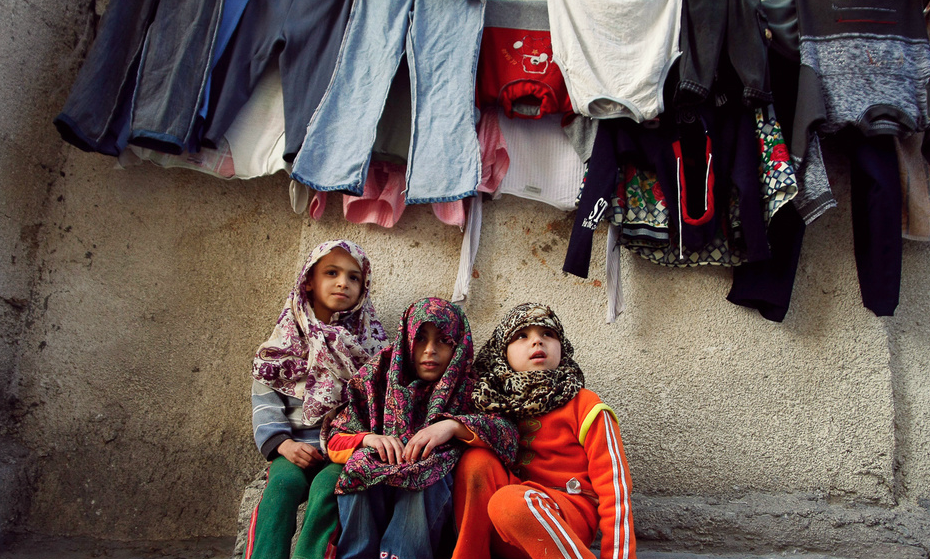 Photograph of children in Gaza by Eman Mohammed
Photograph of children in Gaza by Eman Mohammed
- The power of listening – William Ury
Drawing on his experience as an anthropologist and expert in negotiation, Ury’s crucial talk explains how listening can change our relationships with others and help us achieve our goals, both on a personal and a global political level.
- If a story moves you, act on it – Sisonke Msimang
Kenyan writer and activist Sisonke Msimang gives probably the most important talk on this list, discussing the role of stories in social and political activism. In a world where trust of the media is in decline and people increasingly rely on social media for news, Msimang acknowledges the importance of stories in expressing social and political injustices. However, she warns against the “illusion of solidarity” that is often created when we hear and watch these stories online. Her talk emphasises the role of a story’s audience rather than its protagonists, urging us to see the bigger picture; to recognise the underlying injustices, step away from our screens and step out into the real world where we can take meaningful action against them.
Msimang ends her talk with a quote by Alice Walker, which today is more relevant and poignant than ever:
“Look closely at the present you are constructing: it should look like the future you are dreaming.”

